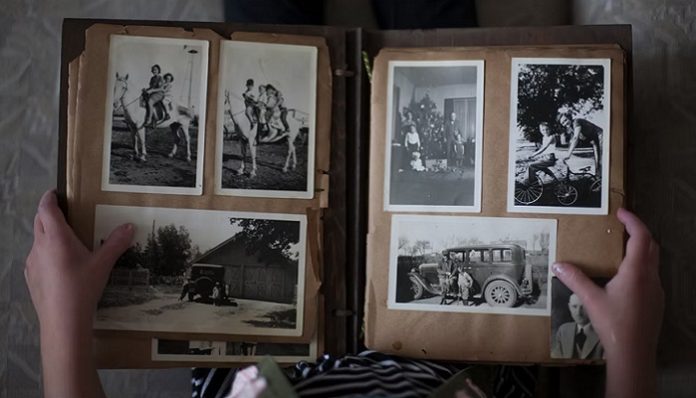
Where do you come from? This question doesn’t refer to where you and your family were born but where your ancestors originated. Today, you can find a host of products on the market intended to analyze your DNA and let you know more about the path of your unique evolution. However, why should it matter what happened to generations before you were born? The answer involves more than the maxim about learning from history: Discovering your ancestry can also show you how we are all connected.
Discover Where Your Unique Physical Features Originated
Many people begin researching their ancestry to answer underlying health problems that have plagued them and their relatives for as long as they can remember. For example, whether or not you tend toward certain diseases might depend on the percentage of Neanderthal DNA you have in your genetic profile.
You don’t even need a fancy genetics test to identify specific features. For example, if your teeth have scooped backs that resemble shovels, it indicates an east Asian heritage somewhere in your family tree. Likewise, those with cusps of Carabelli have European ancestry somewhere in their lineage.
If you can afford to get genetic testing, you might discover some unique heritage in your family tree. It might even help you burst some frequently held misconceptions about yourself. For example, many folks who formerly considered themselves “white” had to rethink their idea of race after discovering African lineage in their gene pool.
Such discovery could open the door to more productive discussions of race relations and how we are much more alike than different. For example, if you discover African lineage that probably stemmed from a great-grandfather’s sexual abuse of slaves, you might want to hide that knowledge from your kids. However, openly discussing these things and owning past wrongs can become a vital stepping stone toward discussions, decisions, and actions. It can also help make things fairer for people long repressed.
Of course, you could discover clues to your health history, too. For example, over 60 genes contribute to arthritis development; thus, knowing which ones you possess could impact your course of treatment.
Similarly, some genes put you at a higher risk of developing certain forms of cancer. So you might decide to follow in Angelina Jolie’s footsteps, for example, if you discover that your chances of developing breast cancer could lead to premature death.
Walk the Paths Your Ancestors Traveled, and Explore Your Cultural Heritage
Another way that learning about your ancestry shows the connection in human existence is by letting you walk your ancestor’s paths and explore your cultural heritage. If you have the means, you can travel to distant lands to see where you came from.
Travel nearly always leads to a deeper understanding of the human experience. For example, if you always celebrated New Year’s Eve according to the Western tradition, discovering that you have Chinese heritage might open your eyes to a new way to mark the annual rebirth. Even if you can’t travel halfway around the globe to participate in the festivities in Beijing, you might incorporate some of the practices into your household.
You could also gain an appreciation of all the things that those who came before you struggled through to make it possible for you to exist today. For instance, learning that your great-grandparents survived the Holocaust can give you a new perspective on the minor daily struggles with which you must cope. You might have always felt somewhat ashamed of your family home if it is humble — but it can seem like a mansion when you recognize the decades of oppression your ancestors had to go through just to own property.
Understand You’re a Small Part of a Big Picture
When you begin exploring your ancestry through an online genealogy search, DNA testing, or both, take time to learn about the culture and region you originated in. What are they like today?
You’ll probably discover that things aren’t that different in other parts of the world. Have dinner like the French or Armenians to celebrate those cultures if you find them in your lineage. Adopt customs you admire, such as taking off your shoes when you enter your home to feel more in touch with your Japanese heritage and save any kiddos crawling on your floors from unnecessary contact with germs.
All these little daily habits remind you that humans are all part of one big family. That recognition helps you feel more connected to the world around you and more responsible for caring for the other people in it.
Learning About Ancestry Shows How Humans Are All Connected
Discovering your heritage is a fun pastime. But, beyond that, learning about ancestry can show us how humans are all connected and might help connect us more during some of the most divisive times our nation has faced.
Featured image via Laura Fuhrman on Unsplash



















That’s really a great blog.
I am overjoyed to have, at long last, come across this website. Really thought-provoking articles and activities; many thanks for taking the time to put these together. Please continue to share additional content in the form of a blog. This website is now bookmarked in my browser so that I can continue to keep in touch with you.